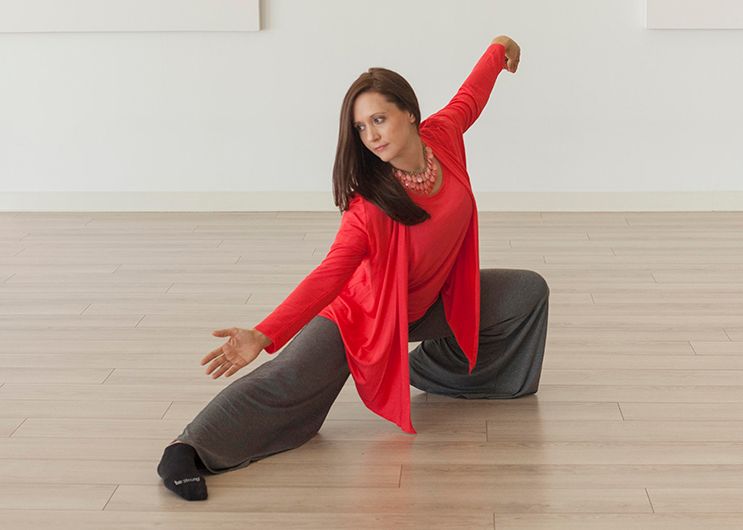In a world increasingly dominated by the hustle and bustle of modern life, finding balance and inner peace can seem like an elusive goal. However, an ancient practice rooted in Chinese philosophy offers a pathway to tranquility and well-being: Tai Chi. Known for its graceful movements and meditative nature, Tai Chi (太极拳, tàijí quán) is more than just a form of exercise—it's a journey into harmony of body, mind, and spirit.
Tai Chi originated in China over 400 years ago during the Ming Dynasty. It is deeply rooted in Taoist philosophy, which emphasizes living in harmony with the Tao, or the natural order of the universe. The term "Tai Chi" translates to "Supreme Ultimate," reflecting the belief that the practice encompasses the union of opposites—such as yin and yang—into a harmonious whole.
At its core, Tai Chi is a martial art that combines slow, deliberate movements with deep breathing and mental focus. Its origins are often attributed to legendary figures like Chen Wangting, a 16th-century royal guard and martial artist, though its development was influenced by a variety of martial traditions and philosophical ideas.
Tai Chi practice involves performing a series of flowing movements or "forms," which are sequences of postures and gestures executed with deliberate, controlled motions. These forms are designed to enhance balance, flexibility, and strength while also fostering relaxation and mental clarity.
The practice typically begins with a gentle warm-up, followed by the execution of the forms. Each movement is performed slowly and intentionally, encouraging practitioners to focus on their breath and the sensations within their bodies. This meditative aspect of Tai Chi helps to reduce stress, improve concentration, and cultivate a sense of inner peace.
One of the most appealing aspects of Tai Chi is its accessibility. It can be practiced by people of all ages and fitness levels. The low-impact nature of the movements makes it particularly beneficial for older adults and those recovering from injury. Tai Chi can be performed in a variety of settings, from parks and community centers to private studios and living rooms.
Tai Chi is renowned for its numerous health benefits, supported by both traditional wisdom and modern scientific research. Some of the key benefits include improved balance and coordination, stress reduction, enhanced flexibility and strength, better cardiovascular health, and increased mental clarity and focus.
Embarking on a Tai Chi journey can be a deeply rewarding experience. If you're new to the practice, consider starting with a beginner's class or instructional video to learn the basic forms and techniques. Many communities offer Tai Chi classes in local parks or community centers, providing a supportive environment to practice and connect with others.
As you progress, you'll discover that Tai Chi is not just an exercise but a way of life. It encourages mindfulness, fosters inner peace, and cultivates a harmonious relationship between body and mind. Whether you're seeking to improve your physical health, reduce stress, or simply find a moment of tranquility in your busy life, Tai Chi offers a timeless path to balance and well-being.
So, take a deep breath, embrace the gentle flow of movement, and allow Tai Chi to guide you on a journey toward harmony and health.





